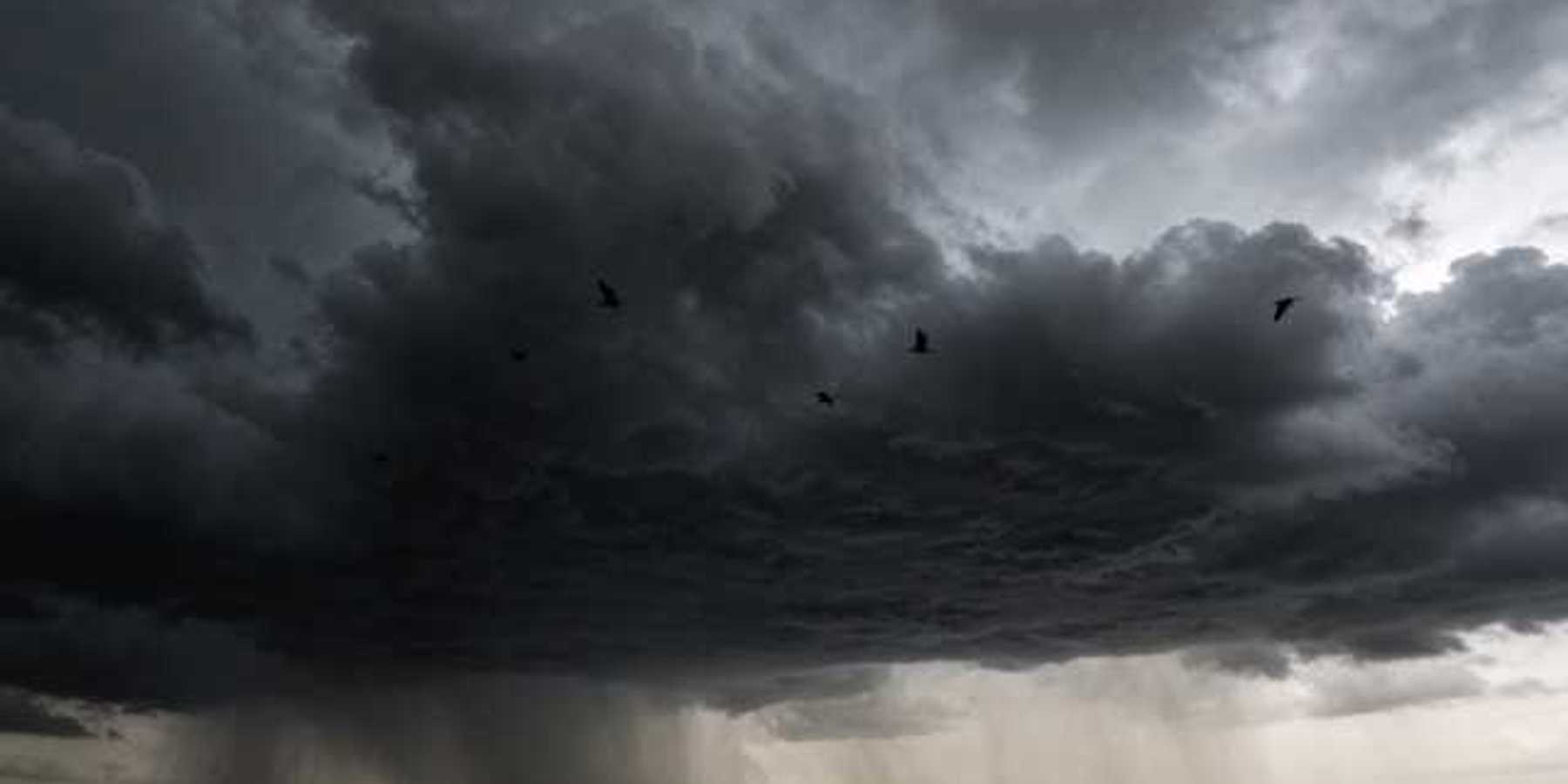
Bhopal nocturne
35 years after the chemical industry's worst accident, have we learned any lessons? A petrochemical buildout along the Ohio River suggests we haven't.
Last week, the 35th anniversary of the chemical industry's worst accident passed with little notice – and little opportunity for lessons learned.
A factory producing methyl isocyanate (MIC), a precursor chemical for the pesticide Sevin, suffered a series of mishaps on the night of December 2, 1984. Several redundant safety systems were broken or turned off, and shortly after midnight, 40 tons of the heat-sensitive chemical vented into the central Indian city of Bhopal, population 1.5 million.
The chemical burned eyes and lungs, blinding or maiming tens of thousands. The official death toll was 3,787. Others put the figure at 8,000 immediate deaths and another 8,000 eventual fatalities. Thirty-five years later, victims of the disaster say they've never received fair compensation from the government, or from the American principal owners of the plant, Union Carbide.
The universal revulsion that followed the Bhopal disaster prompted greater scrutiny of multinationals like Carbide. But we continue to build dangerous facilities in places with lax standards.
Like Texas: Just last week residents in Port Neches and Jefferson County were evacuated after a fire and multiple explosions at a local chemical plant. This comes 6 years after a fertilizer plant in the town of West blew up, leveling much of the small town and killing 15 of its residents. Subsequent investigations by the Dallas Morning News and others revealed a breakdown in safety inspections by both Texas and federal officials.
And like Quebec: Two months after West, a runaway train of 72 crude-oil tanker cars barreled down a hill into the resort town of Lac-Mégantic killing 47. Canada's zeal to become a petro-state was widely blamed for the rail safety failures that led to the disaster.
Just a few years earlier, Barack Obama's election brought high hopes of a reversal of the Bush-Cheney environmental era. But 15 months after his inauguration, Obama announced an easing of restrictions on offshore oil and gas restrictions. He sought to calm enviros' jitters on April 2, 2010, by declaring "oil rigs today generally don't cause spills."
Eighteen days later, the Deepwater Horizon explosion killed 13 workers and caused the worst oil spill in U.S. history.
These are but a few of the missteps and missed opportunities in our often-tragic relationship with our environment. Bhopal was a developing world mass-murder-by-negligence.
This week, EHN carried a story that's a first-world version of the same type of ecocide.
Petrochemicals headed for Ohio River Valley
Even as the anniversary of Bhopal's searing heartbreak went largely unnoticed, the petrochemical industry was poised to take a great leap backward – turning the industrial carcass of the Ohio River Valley's coal industry into a renewed center for plastics pollution. EHN is part of a consortium of news organizations studying environmental problems in the Valley. This piece by Sharon Kelly details the planned openings of petrochemical plants in Western Pennsylvania.
The facility uses the recently ample supply of fracked gas from the Marcellus Shale patch of Western Pennsylvania to make virgin plastics –delivering a double insult to two global environmental crises. The virgin plastic can also be manufactured cheaper than recycled stock, putting another nail in the coffin of the struggling plastics recycling business
Kelly's reporting spotlighted an environmental crime in progress – one that we're politically unable to stop. Valley communities that have watched coal-burning power plants and steel mills vanish are understandably glad to see new jobs move in.
The rest of us see an opportunity for clean energy forfeited in the name of deepening our plastics pollution problem.
Peter Dykstra is our weekend editor and columnist. His views do not represent those of Environmental Health News, The Daily Climate or publisher, Environmental Health Sciences.












